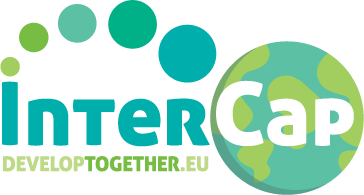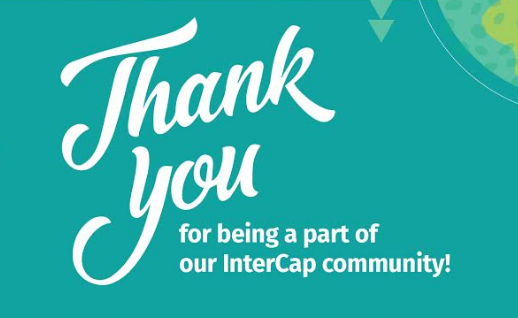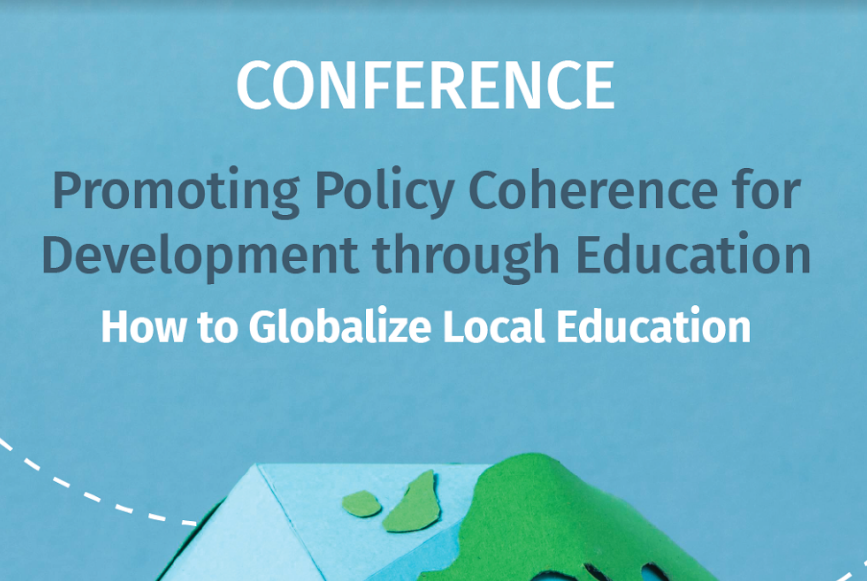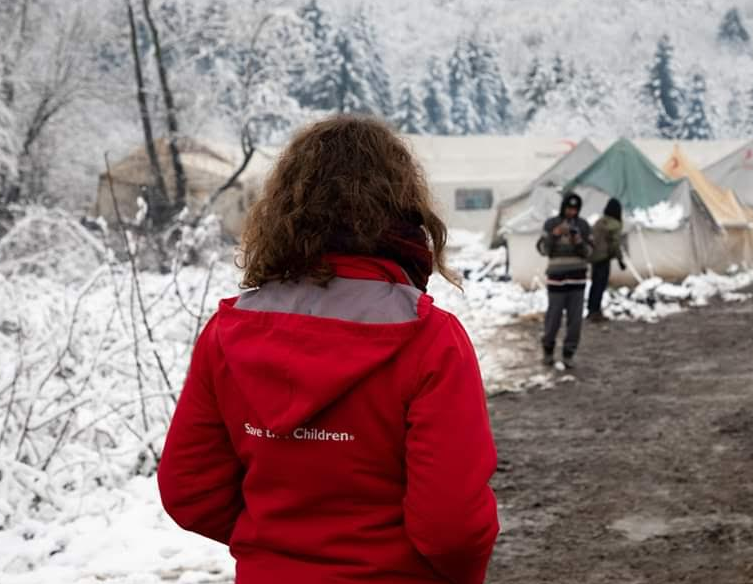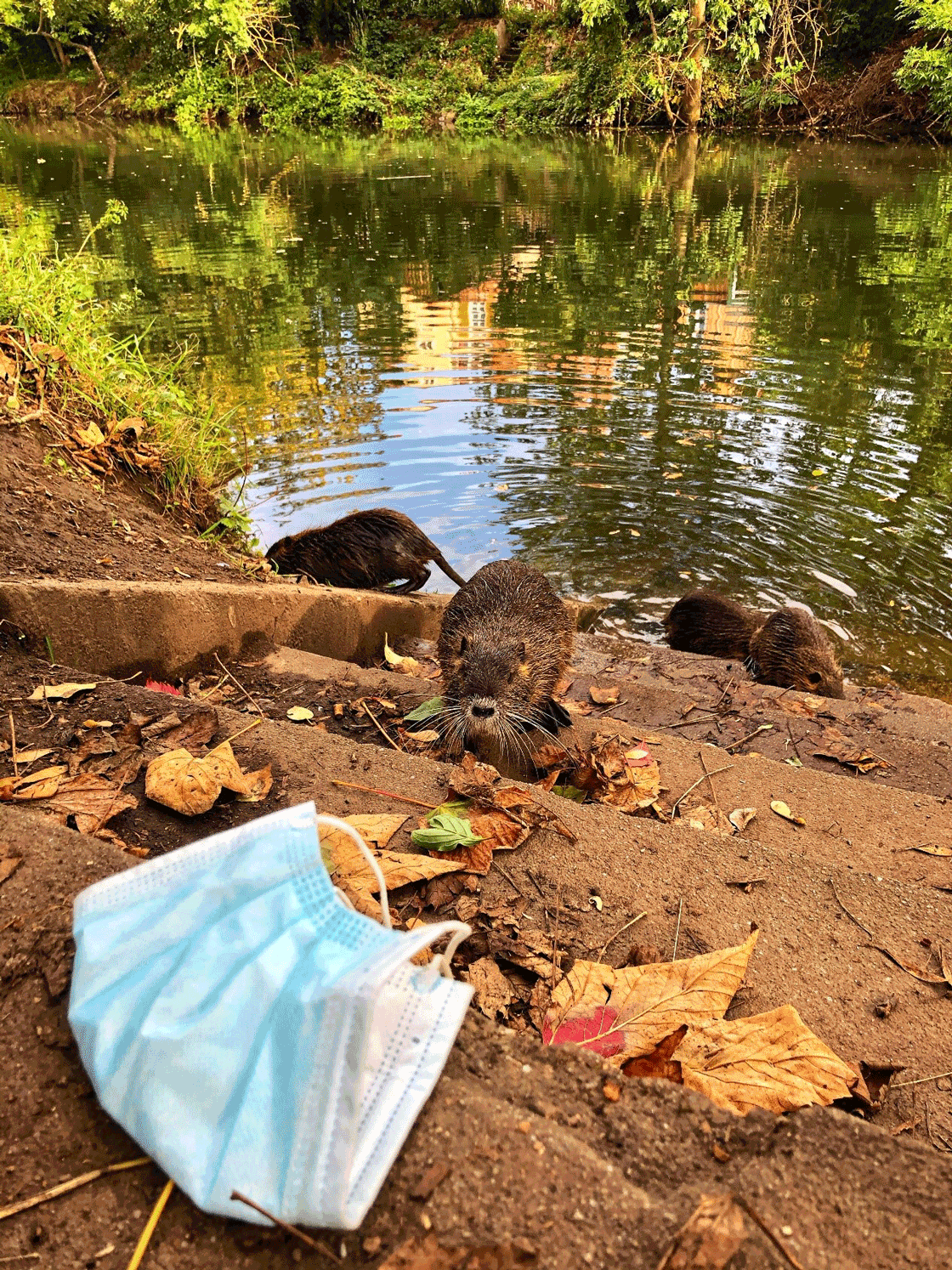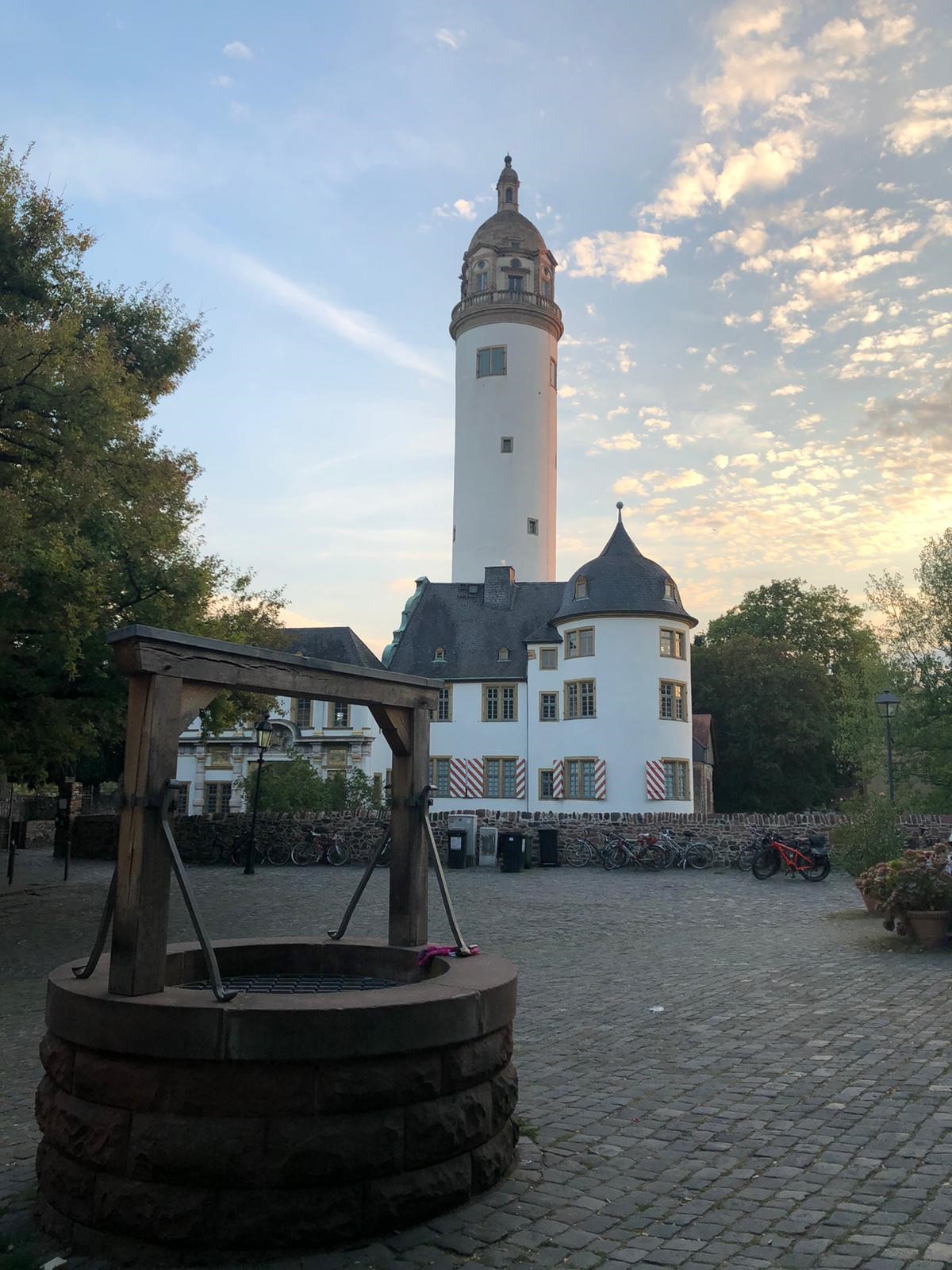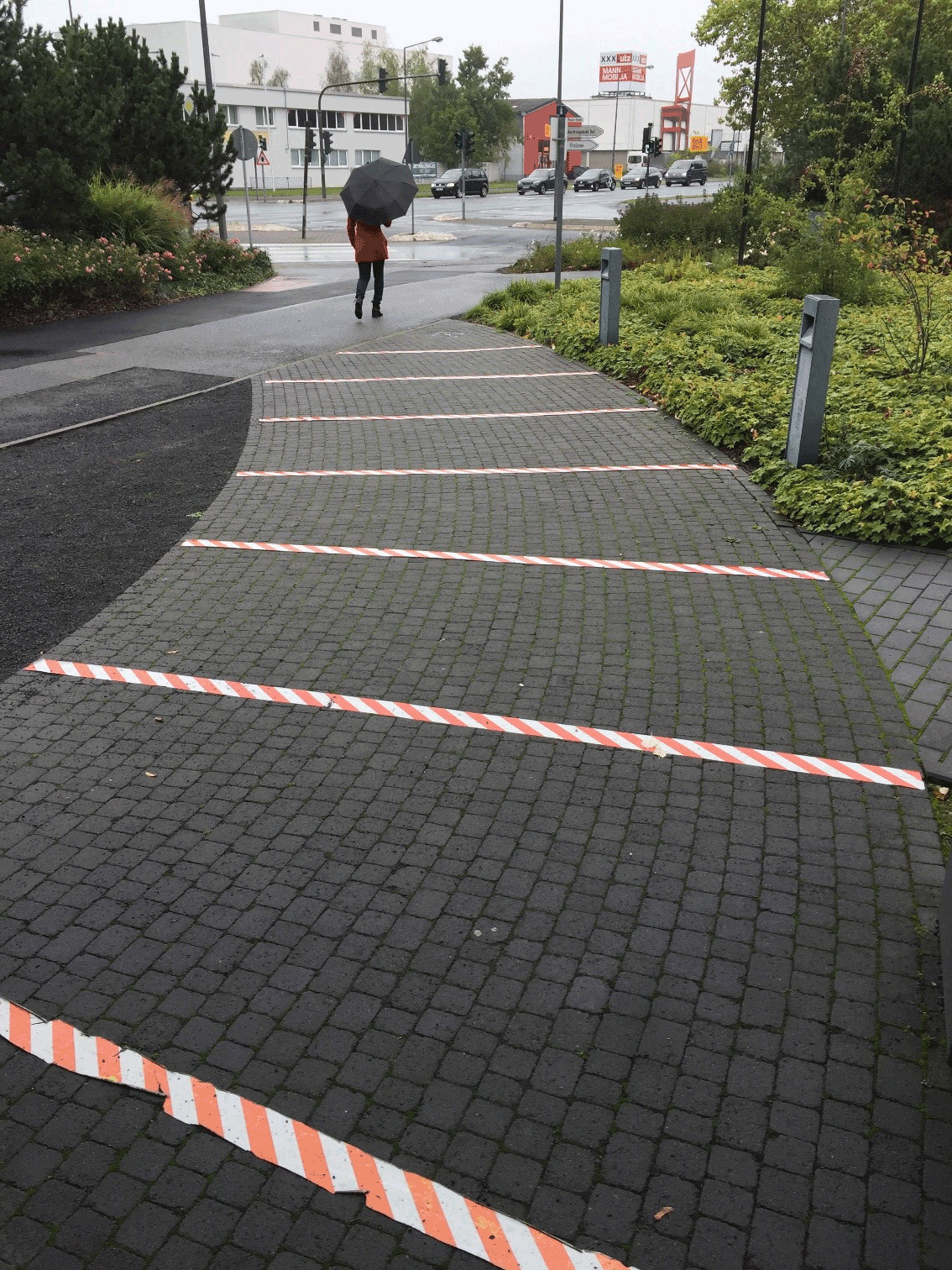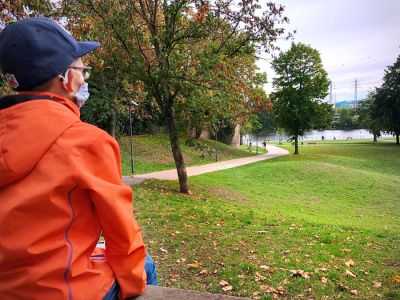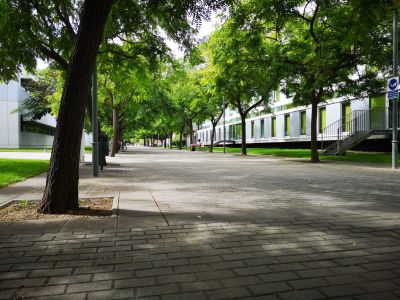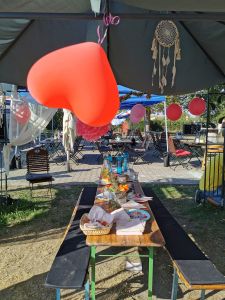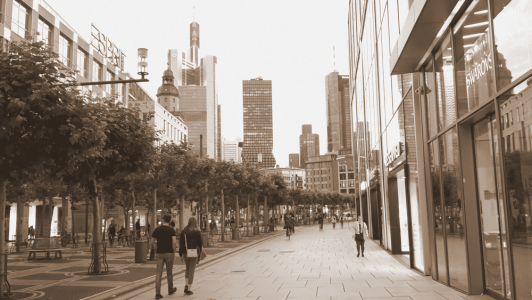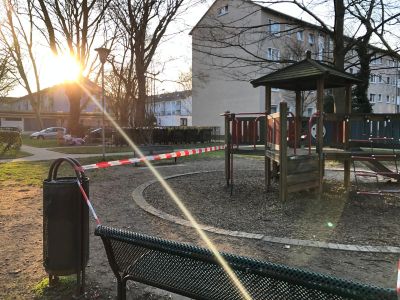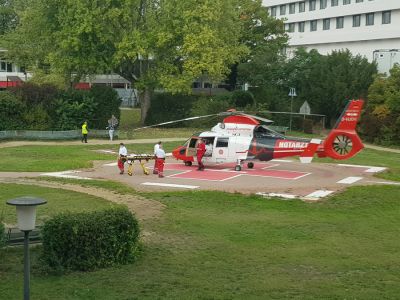The purpose of the webinar was to create a space where the participants would have the opportunity to be a part of a stimulating debate, share their views and challenge their thoughts around an extremely relevant and up-to-date issue. InterCap’s Community of Practice was also empowered and enhanced with the participation of notable experts and the wider public.
The keynote speakers of this webinar were the following:
- Mrs. Veronica Boggini, Financing for Development and Migration Expert for the ONG “Save the Children” who analysed the impact of COVID-19 on migration flows.
- Mrs. Francesca Rossi, Researcher at the University of Rome la Sapienza, who discussed the EU response to this crisis.
- Mrs. Luisanna Paggiaro, an English teacher and member of ANFIS, who talked about the impact of Coronavirus on education. ANFIS is an Italian teachers’ association, which is officially acknowledged as Certified Teachers’ Training Institution by the Italian Ministry of Education.
The webinar was divided in three parts. First, the participants followed the presentations of the three guest keynote speakers of the webinar on the topics of education, migration and the EU response towards the COVID-19 pandemic.
After the presentations of the keynote speakers, the participants were redirected to different small groups where they had a 10-minute discussion on each one of the topics discussed with the keynote speakers in the plenary e-room (impact on education/ the EU response to COVID-19 crisis/ impact on migration). Each group discussion led to some interesting reflections, which were then shared to all participants during the final debate.
Specifically, as it comes to education, it was mentioned that the COVID-19 pandemic affected the educational systems worldwide, leading to the near-total closures of schools, Universities and colleges and has brought up the lack of remote teaching experience. However, participants from different European countries pointed out that Universities were much more prepared for online education than the school sector and teachers need to rethink the methods and introduce more interactive methodologies to online teaching/ learning.
What will the EU scenario be after the Covid-19 pandemic? How will this crisis affect the European citizens? Would their opinion go towards requesting a stronger union or will it scatter it further? These were the main questions participants tried to address in the breakout room focusing on the topic of the EU response towards COVID-19 pandemic. The participants argued that this crisis should be an opportunity to reevaluate the European values and the European countries need to have better coordination both at regional, local and European levels as it comes to global scale issues and crises. The member states of the EU should be empowered by the EU, not just on the economic and financial side, but also on emergency response and health management.
Regarding the impact on migration, this pandemic, like Ebola, exacerbated inequalities and homelessness. Governments around the world have adopted significant migration management measures (like the closure of borders) to try to contain and halt the spread of COVID-19. These measures were borne disproportionately by the most vulnerable, including refugees and immigrants. Some people are exploiting this pandemic to set the image of migrants in a darker perspective, attempting to draw a clear link between the migrants and coronavirus, without any evidence to support this. Participants also pointed out that solidarity of society needs to be increased and discussed on how local and European authorities should assume responsibility towards migration.
The webinar attracted mainly people with academic background, representatives of various international and European organisations and NGOs, Local Authorities members, trainers and students across 19 countries.
100 people in total registered to attend the webinar, while at the time, 47 participants actively participated in the debate.
If you missed our webinar, don’t worry! Check below
Join the Community of Practice network to receive any news and updates first hand.

